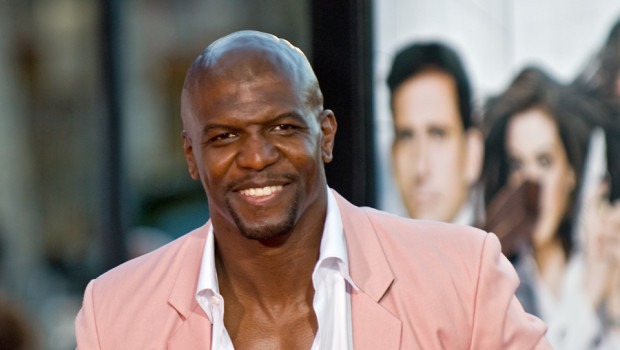A majority of Americans perceive people with ‘black’-sounding names as physically larger and less successful than those with ‘white’-sounding names. A new study exploring racial bias exposes the deep racial profiling that is prevalent in America today and that has led to movements such as “Black Lives Matter.”
A study by UCLA researchers published in the journal Evolution and Human Behavior on Thursday has revealed controversial gaps in how brain mechanisms for social interpretation have evolved. In the study, 1500 people mostly whites drawn from various regions and whose ages ranged from 18 to mid-70s, were given one of two vignettes. One featured a name associated with black people, such as DeShawn, Darnell or Jamal while the other featured a name associated with white people, such as Connor, Garrett or Wyatt.
The vignette read:
[NAME] woke up Saturday morning and began his day by brushing his teeth and taking a shower. After eating breakfast, [NAME] watched TV for a while and talked on the phone. Then [NAME] went to a nearby store and bought some groceries. Once he had gotten home, [NAME] received a text message from a friend inviting him to go out later. That night, [NAME] went out to meet his friends at a bar. As he entered the crowded bar, he brushed against the shoulder of a man walking the other direction. The man turned, glared at [NAME], and angrily said “Watch where you’re going, a–hole!”
A control group read the neutral vignette while the others read a vignette with one of the black or white names with two additions: a “successful” scenario in which the character was a college graduate or business owner, the second was a “threatening” scenario in which the character had been convicted of assault. Participants were then asked for their impressions of the height, physical build, appearance and aggressiveness of the characters.
The results revealed that participants associated the names of black characters with large, physically intimidating characters while linking that with poor social status or level of success. White sounding names were associated with greater social status.
According to research scientist Collin Holbrook from the anthropology department in UCLA, “In the ‘successful’ scenario, the white and black characters are similarly perceived. And when the character is convicted of assault, they again have similar outcomes, no matter their name. But people imagine the neutral black character as similar in size to the white criminal character, and we know that this shift in size is a proxy for how violent and aggressive they implicitly perceive the person to be. It’s quite disturbing.”
In another version of the study, characters with names such as “Jun” and “Jose” were perceived as much more violent and lower placed socially than characters like “Chen” and “Hikaru”.
The study reveals a growing bias against blacks and Hispanics in the U.S. By linking them to violence and lower social status, the two groups were already set up for discrimination.
The study is part of a larger project funded by a grant from the U.S. Air Force Office of Scientific Research to understand how people make decisions in situations where violent conflict is a possibility.
Stay Connected